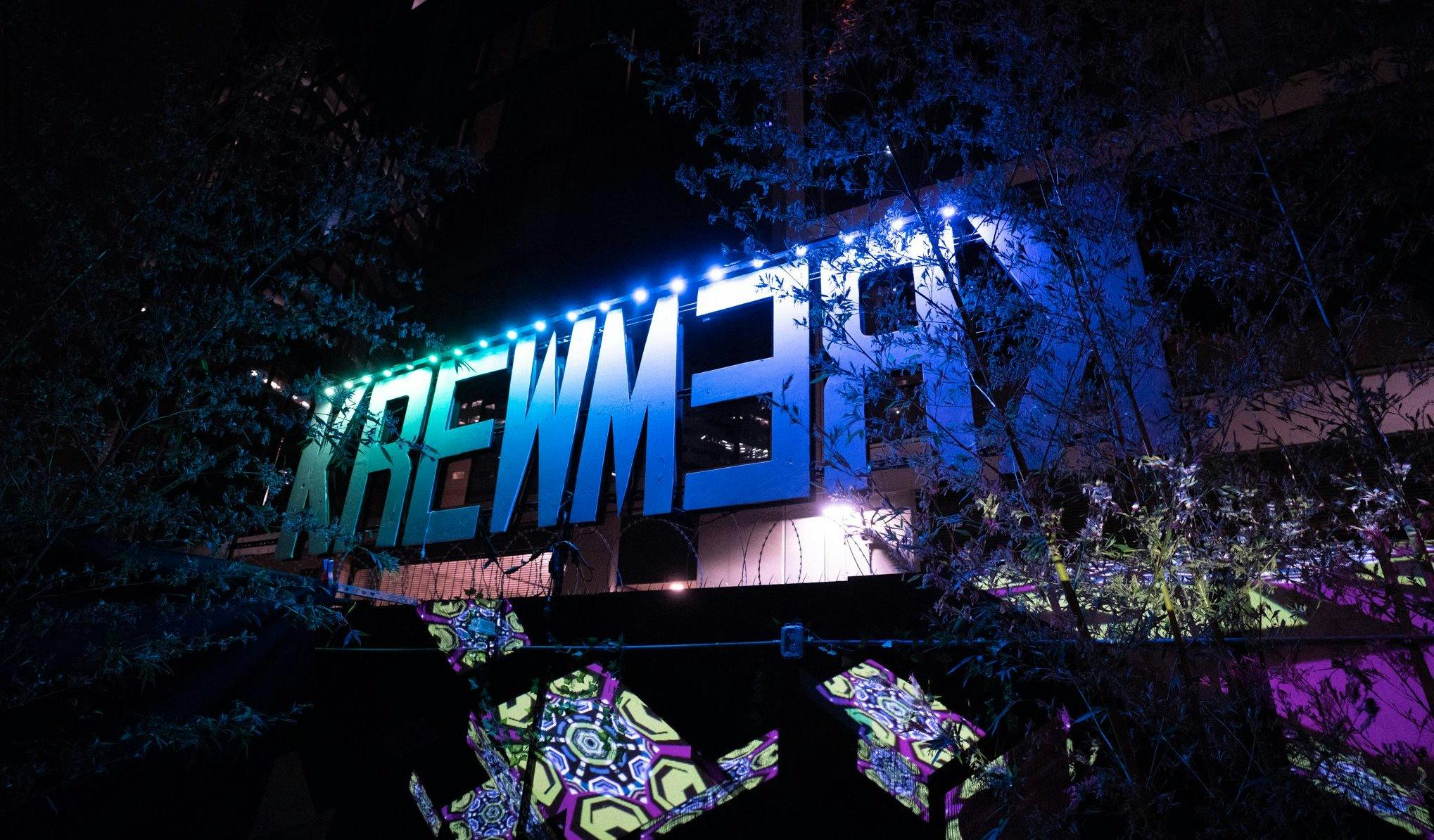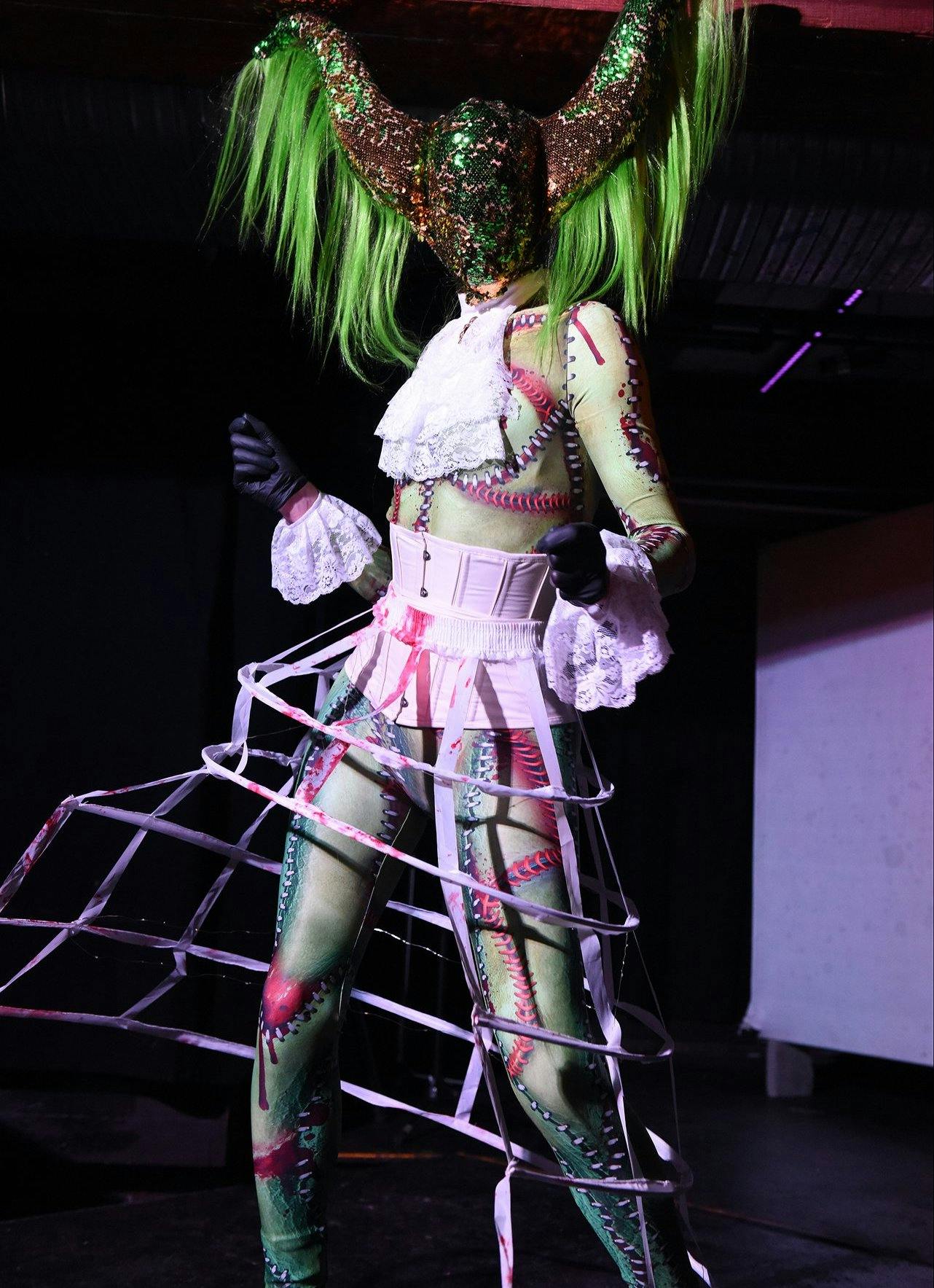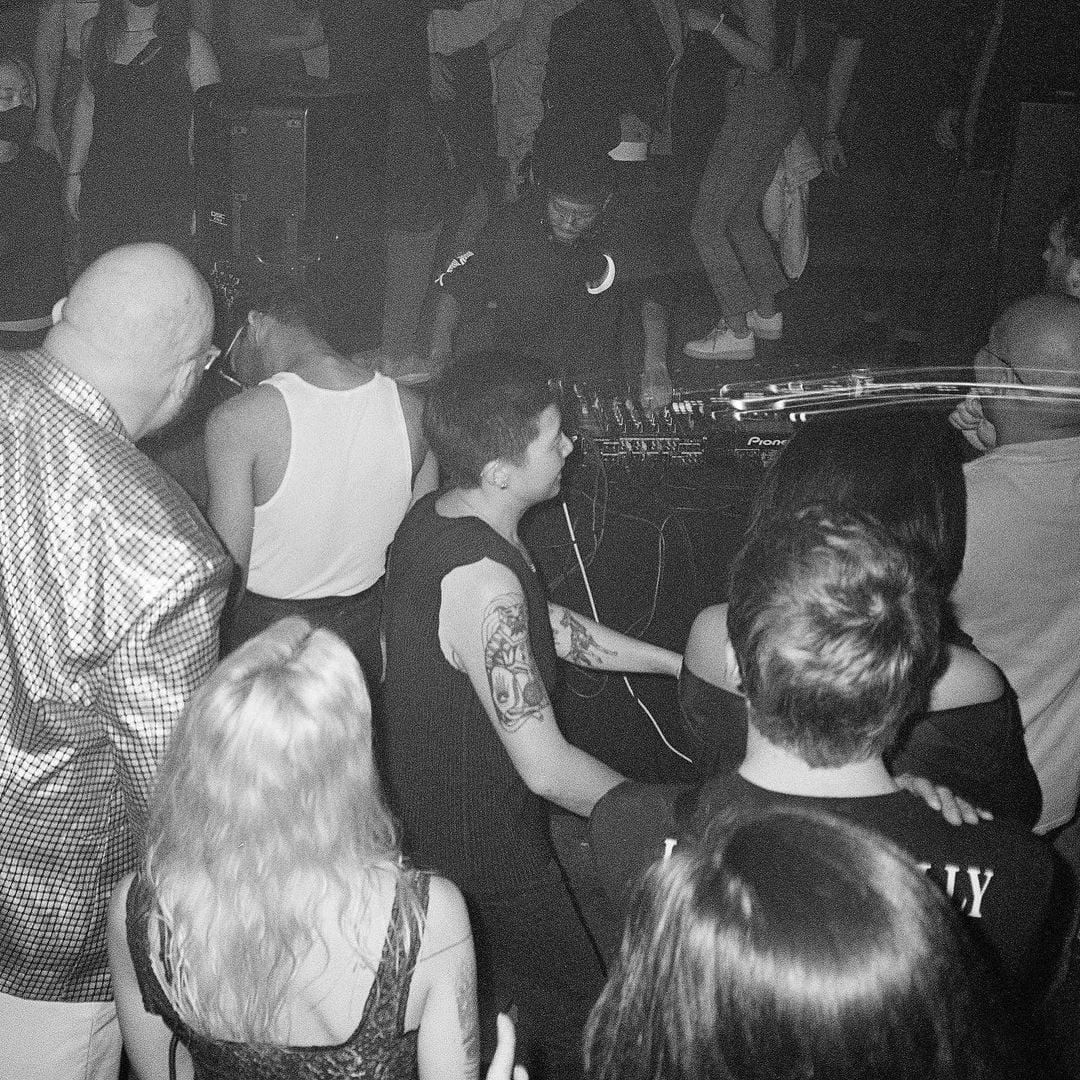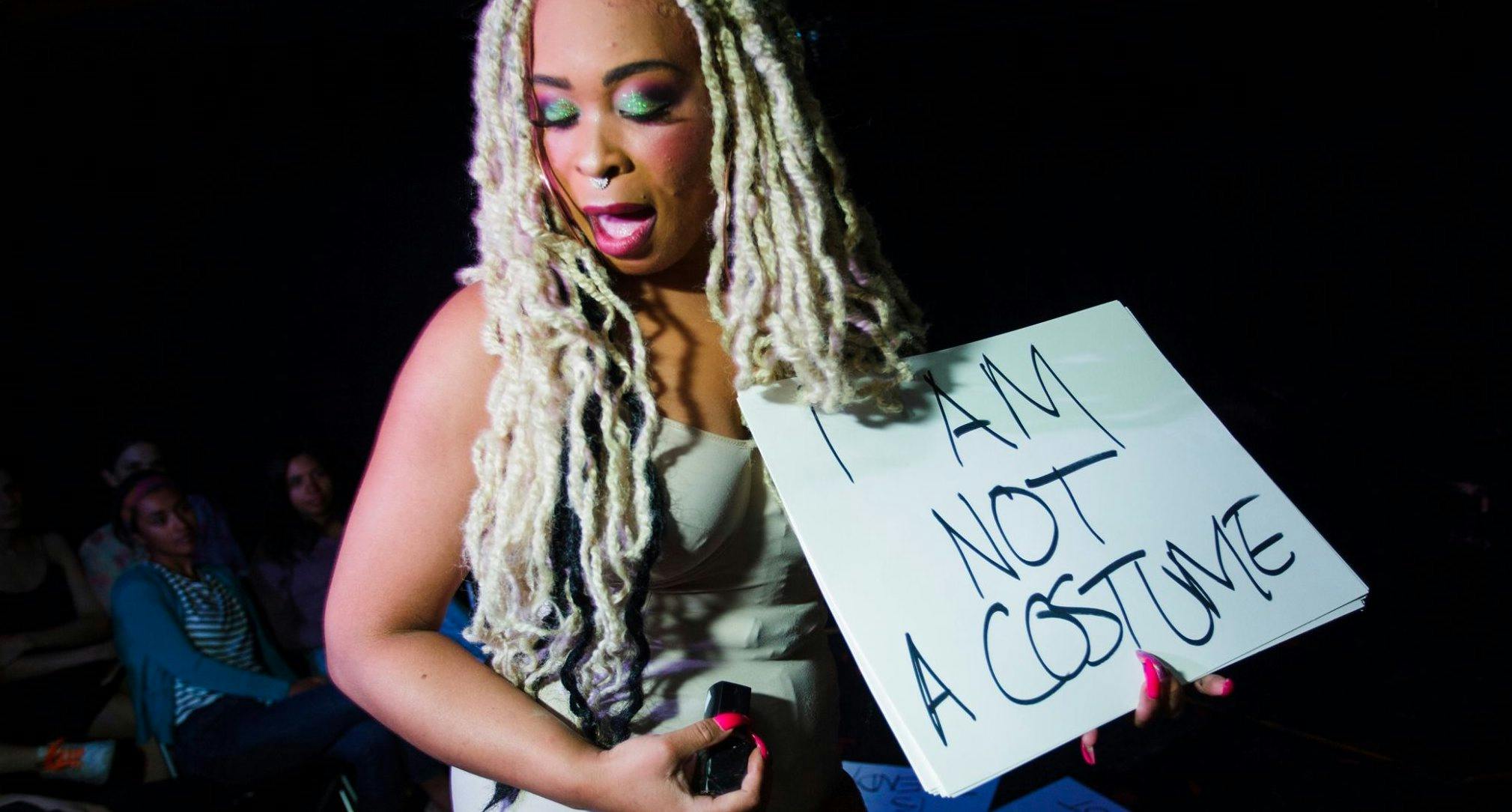Venues are more than just places to enjoy performances – they’re safe spaces to explore identity, sexuality and gender expression, particularly for the LGBTQIA+ community. From molly houses in 18th-century London to New York’s queer venue boom in the 1920s, there has always been – and will always be – a need for dedicated LGBTQIA+ spaces.
But with the pandemic temporarily shuttering queer spaces, it’s been a markedly difficult period for many. The LGBTQIA+ community not only felt the effects of the pandemic more keenly in a number of ways (more at risk from the virus itself, more likely to experience poor mental health, and more vulnerable to job loss) but their opportunities to come together and support one another were restricted, too.
Kremwerk – a queer venue in Seattle, Washington known for offering the finest in live shows, electronic music and drag – is one of the many spaces that was forced to close its doors to the community during the pandemic. But after reopening in July last year, they’ve been working hard to serve the queer scene with the best parties – and a safe space to enjoy them in. We caught up with the team to chat about what safe spaces mean to them, and what the music industry needs to get right now that events are back.



